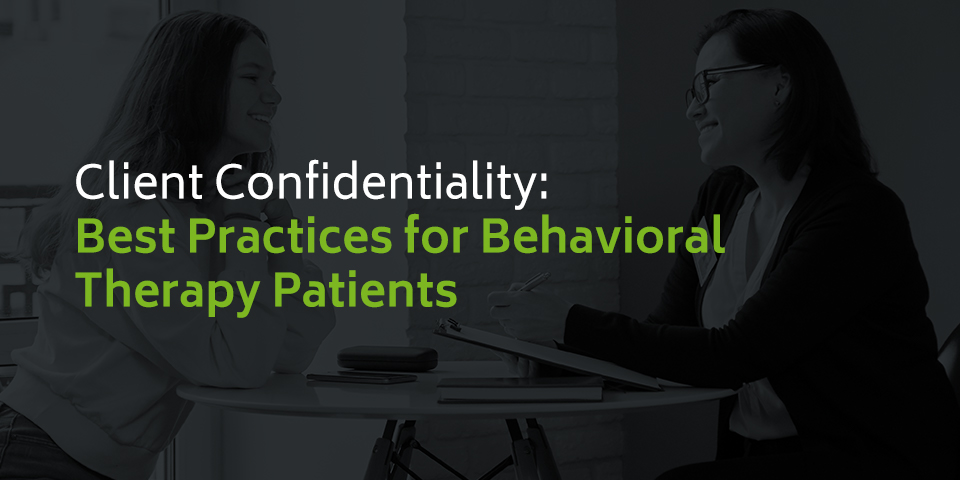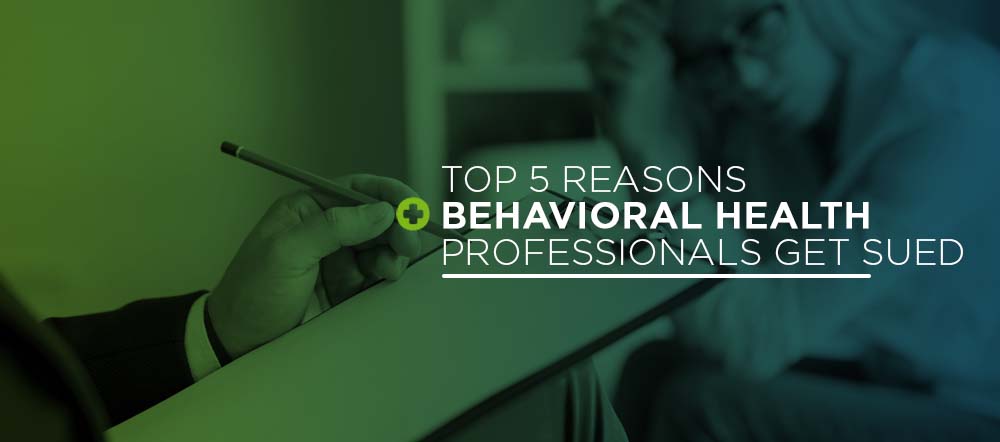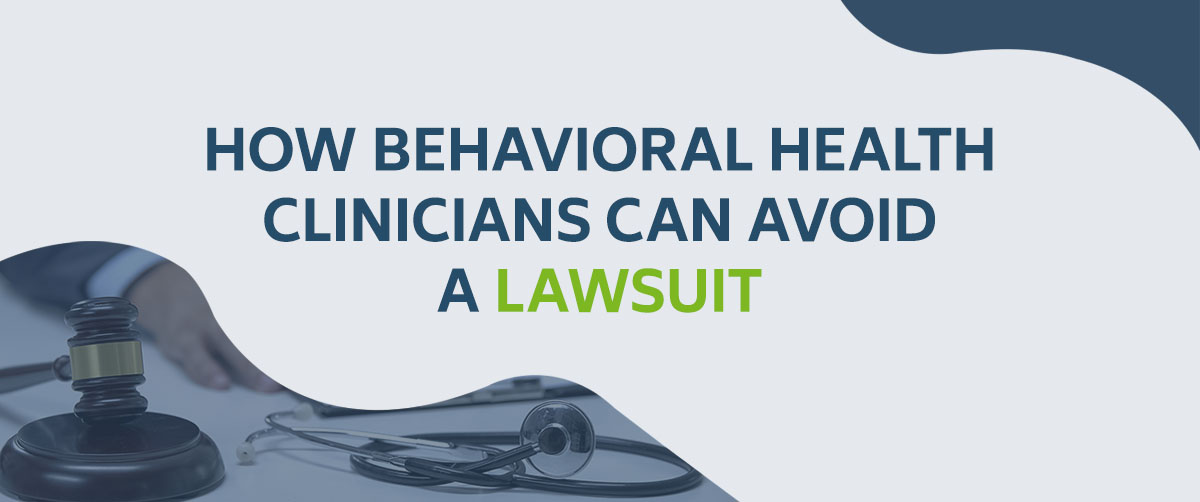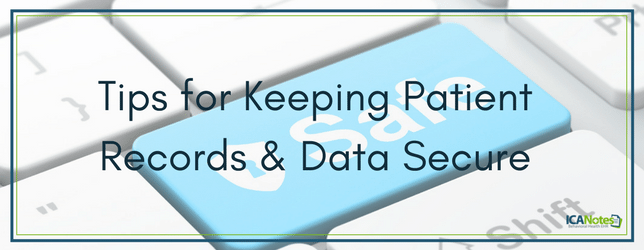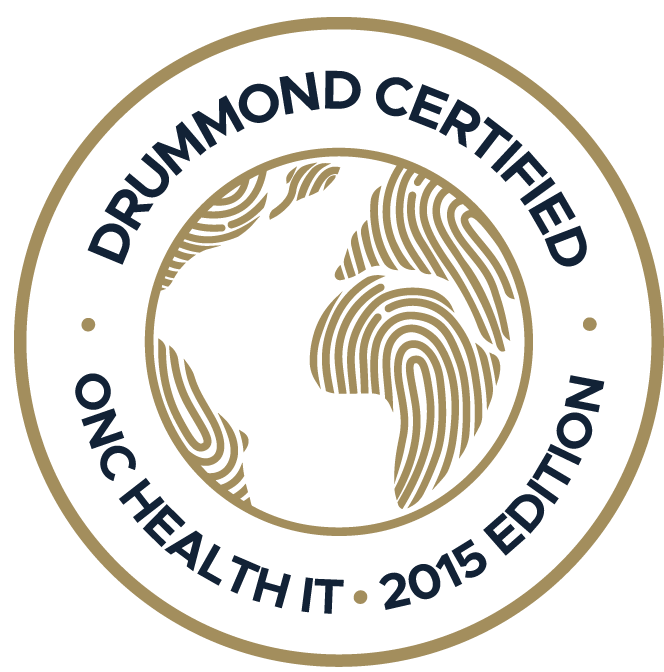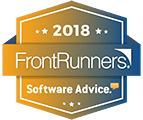Commission on Accreditation of Rehabilitation Facilities (CARF)
What is CARF?
What does CARF stand for? The Commission on Accreditation of Rehabilitation Facilities, shortened to CARF, is an independent, nonprofit organization that aims to improve the quality of services for rehabilitative care. It covers a variety of environments, including disability rehabilitation, addiction and substance abuse treatment, retirement living and more. CARF has a broad reach across the world, including Oceania and branches in Canada and Europe.
CARF accredits more than 59,000 programs in over 27,000 locations. Their accreditation process is comprehensive, and receiving it provides a trusted seal of approval to a behavioral and mental health practice. Keep reading for more information on CARF accreditation guidelines, pricing and more.
CARF Quick Stats
Official Title: Commission on Accreditation of Rehabilitation Facilities
Year Established: 1966
Most Recent Update to CARF: Updated in January of each year
CARF Compliance and Enforcement: Centers for Medicare & Medicaid Services
Why CARF Is Important for Behavioral and Mental Health
Unfortunately, there isn't a succinct definition for what a rehabilitation facility is, and almost anyone can open one. Many of these facilities are privately owned and do not require any licensing. This lack of an official status can hurt the reputation of established, research-based practices. It can also reduce the high standard most healthcare organizations strive to achieve. By receiving the CARF seal, an organization proves that it adheres to CARF's commitment to quality service.
Rehabilitation is a major component of behavioral and mental health, and CARF can provide program-specific accreditation for a variety of topics, including community housing, comprehensive suicide prevention, crisis intervention, detoxification/withdrawal support, student counseling and more. Population designations such as autism spectrum disorder, criminal justice and eating disorders can also apply to a program.
What Is the Role of CARF?
CARF provides accreditation to facilities that meet its rigorous criteria. When CARF accredits an organization, it informs the public that this facility reaches high standards of health, safety, respect and quality of care. Accreditation creates a standard for facilities to aim toward. It helps make healthcare more consistent and increase the safety and trust in rehabilitation facilities.
The standard CARF holds its providers to emphasizes its core values:
- All people have the right to dignity and respect.
- All people should have access to needed services that achieve optimum outcomes.
- All people should have the power to exercise informed choice.
How Do Behavioral and Mental Health Providers Receive CARF Accreditation?
The accreditation process can be lengthy, and service providers typically need nine to 12 months to prepare for the survey. Preparation involves creating documentation that identifies vital information about the provider's vision, mission and statements, as well as its programs, services, leadership and locations. CARF must receive the application at least three months before the requested survey date. After purchasing a standards manual, which gets updated yearly, the provider can begin the process of receiving accreditation with the help of a CARF resource specialist.
- Self-evaluation: The provider evaluates their practice, reviewing how well it conforms to the standards.
- Survey application: The provider submits the application and fee, with all pertinent information.
- Survey conducted: The survey team, selected based on the needs of the provider, looks for conformance to standards through observation, interviews and documentation.
CARF then reviews the survey results and provides a decision in approximately six to eight weeks. The provider can receive a three-year accreditation, a one-year accreditation, a provisional accreditation or non-accreditation. CARF also sends a Quality Improvement Plan (QIP), which addresses areas of improvement identified in the survey.
If a provider receives accreditation, they must maintain their status. This process includes submitting their QIP and an Annual Conformance to Quality Report. CARF stays in touch with the provider during the accreditation tenure, and providers can contact CARF as needed if they require help to maintain conformance.
CARF Standards for Behavioral Health
CARF standards follow a framework called ASPIRE to Excellence®, which addresses the process patient care follows. In behavioral health, standards address the following topics, among others.
- Program structure and staffing
- Screening and access to services
- Individual plan
- Transition/recovery support services
- Medication use
- Non-violent practices
- Quality records review
Various programs within behavioral health will have different standards. All aim to uphold the core values and commitments of CARF.
Common CARF Violations for Behavioral and Mental Health Providers
One of the major tenets of CARF's values is the rights of people served. These standards ensure your patients are safe and treated with respect. They should be well-informed of their rights and medical care, and policies need to be readily available. Patients must be free from adverse events such as abuse, exploitation or humiliation. Including documentation and plans to address your patients' rights can help you ace this standard.
With the increase of technology-assisted healthcare tasks, a technology plan is essential for the security and care of your patients. You should develop a plan for components such as hardware, software, backup policies, security and confidentiality.
Health and safety is another area that earns special attention due to its importance. Make sure you have well-documented emergency procedures, develop transportation safety standards and perform emergency drills regularly.
Frequently Asked Questions About CARF
A CARF accreditation attests to the quality of a practice and also encourages further education. CARF promotes continuing education and training events so providers can stay up to date and maintain their accreditation status.
CARF Compliance and EHRs
So what does all this have to do with an electronic health record (EHR)? Your EHR is an essential component of how you do business. It records patient data, collects insurance information and streamlines your workflow. With all the critical data that goes into an EHR, this piece of software must be CARF-compliant if you hope to become and stay accredited. Accreditation can be crucial in keeping a strong client base. As mentioned by Doug Scheckelhoff, pharmacy practice sections director for a medical center in Berkeley, California, "When you lose accreditation, you can lose third-party patients and payments."
EHRs provide a variety of features integral to the CARF standards.
- Security: An EHR can help you maintain strict security, helping protect your patients' rights through encryption, individual user authentication and access controls.
- Rights of persons served: Another way an EHR helps the rights of persons served is through a transparent patient portal, which offers them access to their information and records.
- Quality records review: Your EHR can also keep a secure record of personnel, financials and client data. This information can help you improve your practice through performance indicators and maintain documentation in a complete and accessible format. It can also make the process easier for your survey team when the information is available in one program.
- Individual plans: Using a comprehensive digital charting program can help you develop effective individualized treatment plans and focus on each patient who comes through the door.
ICANotes for CARF-Compliant EHR Software
If you're seeking accreditation or reaccreditation, you need EHR software that complies with the CARF standards for behavioral health. These standards ensure the safety and respect of your patients and attest to your practice's ideals of quality. ICANotes can help you reach them. Our 128-bit encryption ensures security for patient data, and our privacy features keep unauthorized users out. Even if you've already passed the CARF accreditation requirements once, ICANotes can help you pass the next survey more easily while providing several other benefits.
For more information on how ICANotes can help you receive or retain accreditation, contact us today to learn more or request a free trial of our CARF-compliant EHR system.
More Resources on Behavioral Health Compliance
Adding and Updating Digital Contact Information in NPPES
Behavioral health providers are no strangers to collaboration and patient file exchanges.…
Read MoreWhy You Should Share Behavioral Health Notes With Patients
You might feel a little nervous when you think about writing behavioral…
Read MoreClient Confidentiality: Best Practices for Behavioral Therapy Patients
Confidentiality is required for therapy to be effective. Without it, clients might…
Read MoreTop 5 Reasons Behavioral Health Professionals Get Sued
The role of a behavioral health professional comes with a significant amount…
Read MoreWhat You Need to Know About EHRs and Patient Privacy
The electronic health record, or EHR, is a type of software physicians…
Read MoreHow Behavioral Health Clinicians Can Avoid a Lawsuit
Most clinicians enter the behavioral health field because they are driven to…
Read MoreWhat Does HIE Mean for You and Your Practice?
Although the majority of patient information is still stored in paper files…
Read MoreUnderstanding North Carolina’s HIE Mandate
Despite inconsistencies in federal and state funding, many electronic health information exchanges…
Read MoreTips for Keeping Patient Records Secure
The vital importance of HIPAA compliance, coupled with the risks inherent in…
Read MoreWhy Medical Data Needs to be Protected
One of the most pressing issues of our time is that of…
Read MoreEnforcing the Law and Caring for Mental Health
Saturday morning cartoons make everything seem so simple, don’t they? Think of…
Read MoreIntuitive, Accessible, Time-Saving
ICANotes - the only EHR software that actually thinks like a clinician.



